 Dryden Showroom
Dryden Showroom
Entry Category: Business and Economics
 Dryden Showroom
Dryden Showroom
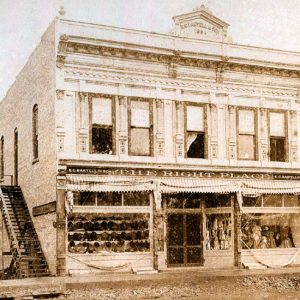 E. C. Bartell & Son Store
E. C. Bartell & Son Store
E. Ritter & Company
 Ebony Magazine
Ebony Magazine
 Ed Walker's Curb Service
Ed Walker's Curb Service
 Ed Walker's Drive-in and Restaurant
Ed Walker's Drive-in and Restaurant
Ed Walker’s Drive-in and Restaurant
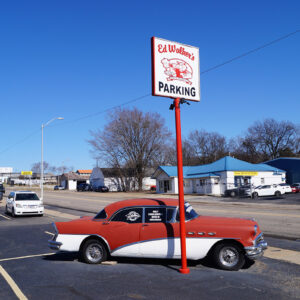 Ed Walker's Parking
Ed Walker's Parking
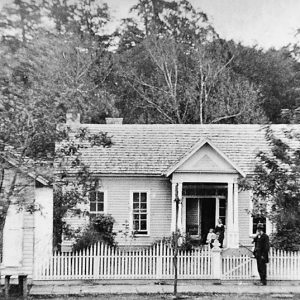 Zeb Edmiston
Zeb Edmiston
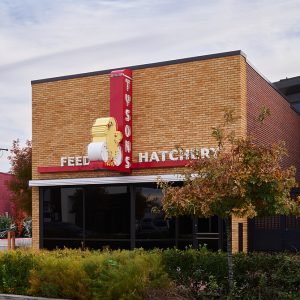 Egg Hatchery
Egg Hatchery
 El Dorado Oil Rig
El Dorado Oil Rig
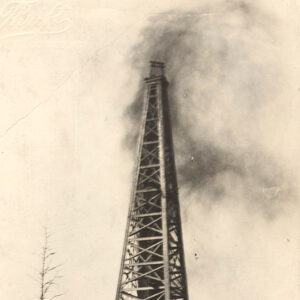 El Dorado Oil Well
El Dorado Oil Well
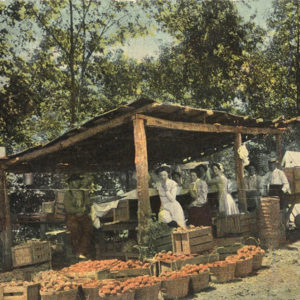 Elberta Peaches
Elberta Peaches
Elsken, Conrad
aka: Conrad Ilsken
 Engine No. 8
Engine No. 8
England, John Calhoun
Epstein, Sam
 Exchange Bank
Exchange Bank
Experimental Forests
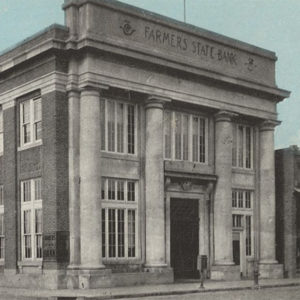 Farmers State Bank, Conway
Farmers State Bank, Conway
Faubus, John Samuel (Sam)
Faucette, James Peter
Faucette, Will
aka: William Chesley Faucette
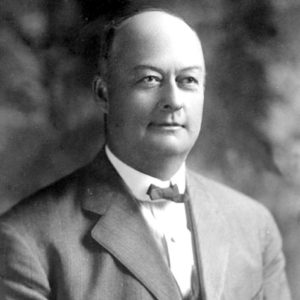 William Faucette
William Faucette
Fayetteville Shale
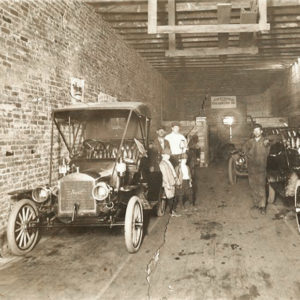 Fayetteville Vulcanizing Company
Fayetteville Vulcanizing Company
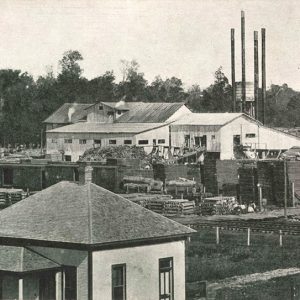 Fee Crayton Co.
Fee Crayton Co.
 Feltner's Whatta-Burger
Feltner's Whatta-Burger
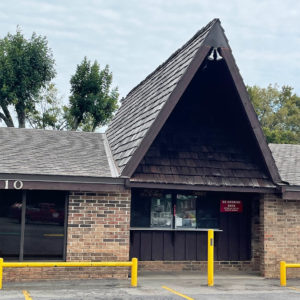 Feltner's Whatta-Burger Window
Feltner's Whatta-Burger Window
Feltner’s Whatta-Burger
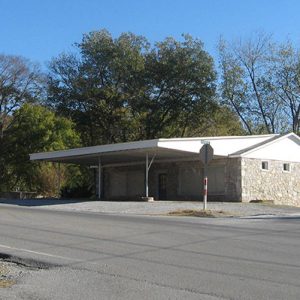 Felts Grocery Store
Felts Grocery Store
 Fire Boat
Fire Boat
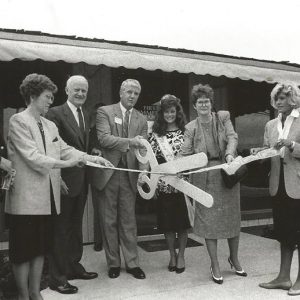 First Commercial Ribbon Cutting
First Commercial Ribbon Cutting
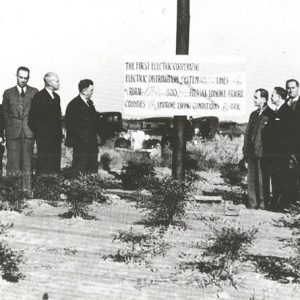 First Electric Cooperative's First Power Pole
First Electric Cooperative's First Power Pole
 First National Bank
First National Bank
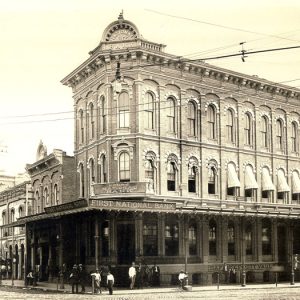 First National Bank
First National Bank
First Security Bank
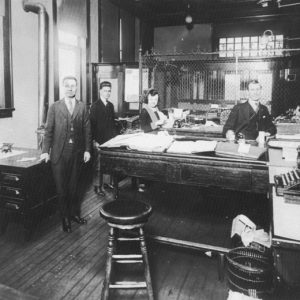 First State Bank
First State Bank
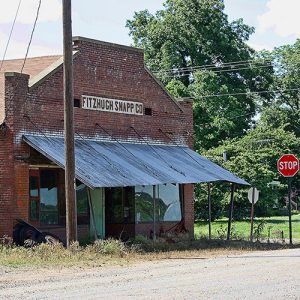 Fitzhugh Snapp Company
Fitzhugh Snapp Company
Fitzhugh Snapp Company
Flint Creek Power Plant
 Flint Creek Power Plant
Flint Creek Power Plant
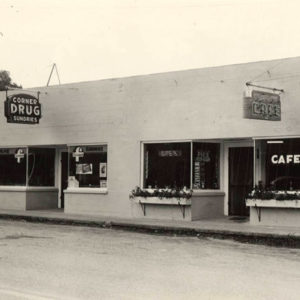 Flippin Storefronts
Flippin Storefronts
Ford, Joe Thomas
 Fordyce Letterhead
Fordyce Letterhead
Fordyce, John Rison
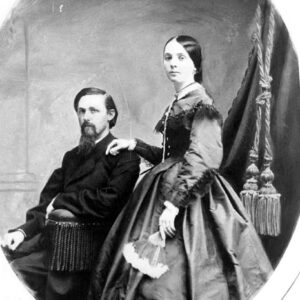 Samuel and Susan Fordyce
Samuel and Susan Fordyce
Fordyce, Samuel Wesley
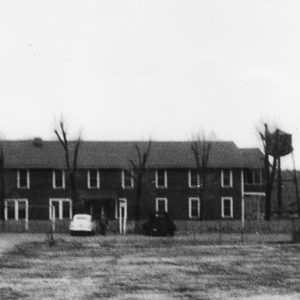 Forester Hotel
Forester Hotel
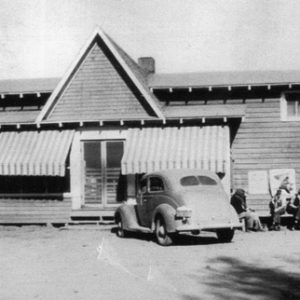 Forester Company Store
Forester Company Store




